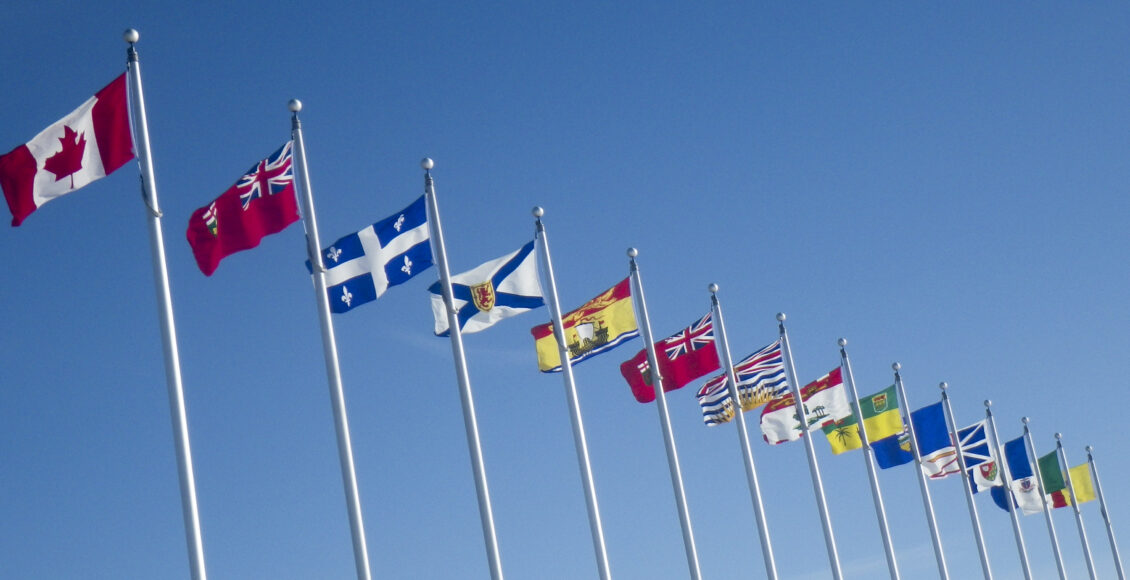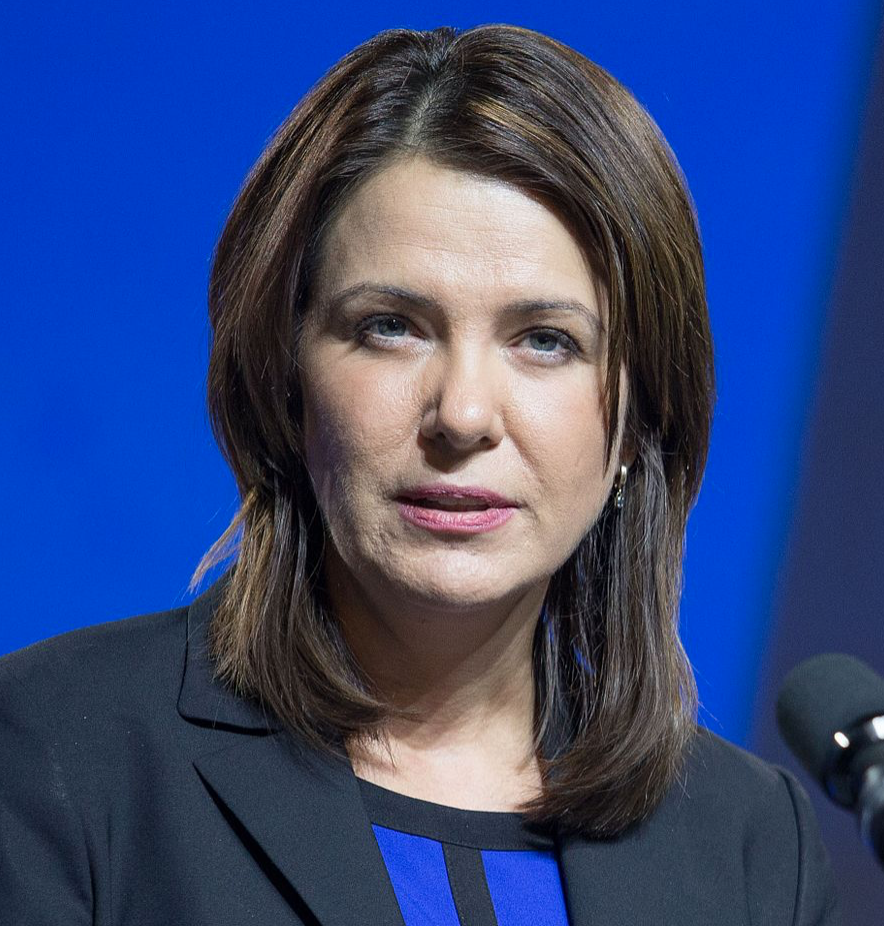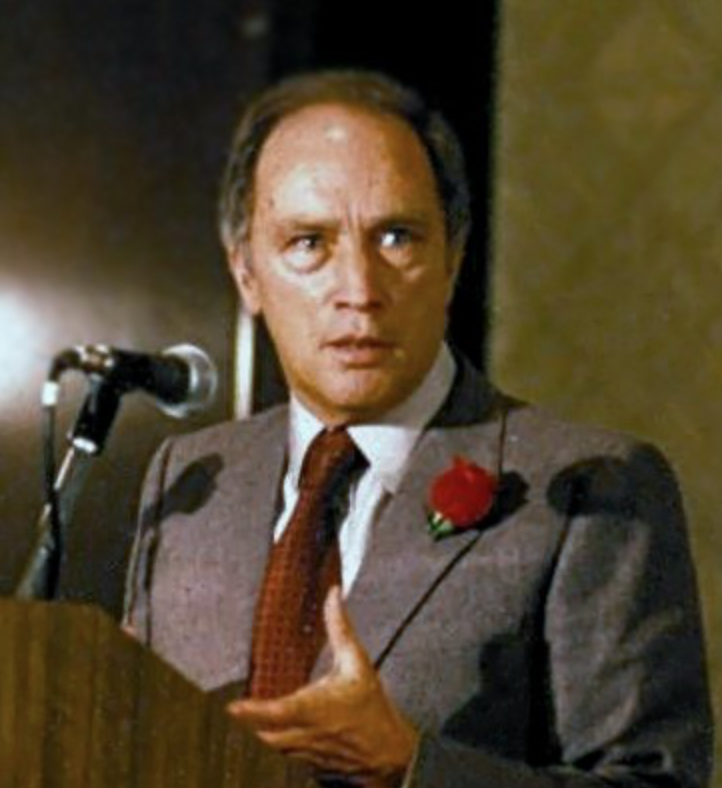Opinion | Legault, Smith, and the Incoming Constitutional Crisis
Ottawa’s solution to preserve national unity must be simple: be consistent.

In the past few weeks, national unity has returned to Canadian political discourse with the election of two avowedly anti-Ottawa premiers in Alberta and Quebec. In Alberta, the province’s United Conservative Party elected Danielle Smith on October 8, 2022, in an internal party election to replace recently-ousted Premier Jason Kenney. Her most controversial policy platform, the Alberta Sovereignty within a United Canada Act, tabled on November 29, proposes that the province can refuse to enforce specific federal laws or regulations within its borders – most notoriously, the much-maligned federal carbon tax.
Adding to the anti-federalist fervour, on November 1st, 2022, Saskatchewan Premier Scott Moe introduced the Saskatchewan First Act, aiming to give the province more control over its economic future and natural resource industry. The Saskatchewan bill fell right in line with Danielle Smith’s rhetoric, who, the day before her victory, tweeted a graphic of Alberta, Manitoba, and Saskatchewan with the caption “Western Canada is standing UNITED against Justin Trudeau’s overreach.”
Far away, in Quebec, the nationalist Coalition Avenir Québec led by incumbent François Legault was re-elected with an even larger majority in the Provincial Legislature on October 3rd, 2022, fuelled by the success of Bill 96 and Bill 21 – both meant to “preserve Quebec culture.”

These movements, at opposite ends of the country, stem from very different political traditions, and their simultaneous resurgence might seem like a pure coincidence. Yet their grievances are directed towards the same place: the federal government in Ottawa, which both movements claim does not represent their interests.
It is easy to dismiss the concerns of the West and Quebec as being frivolous and overblown, but they each have genuine merit. Quebec is a unique place in North America in the intensity of its wish to preserve its culture and language. As a province of 8 million francophones on a continent of 400 million anglophones, Quebecers are bound to feel much more protective of their culture and fear linguistic assimilation. In the same vein, Quebec as a society has a much different view of secularism than the rest of Canada, preferring a much more radical form which is the driving force behind laws like Bill 21. These two societal peculiarities can be viewed as the main forces behind Legault’s more radical policies.
Similarly, Western Canada’s alienation is rooted in legitimate grievances with the federal government. Albertans often point to Pierre Elliot Trudeau’s National Energy Program (NEP), which lasted from 1980 to 1985, as a flagrant violation of their provincial autonomy on natural resources. It is estimated that the NEP cost Alberta between $50 and 100 billion in the five-year period it was in effect, hurting Alberta’s growth and galvanizing anti-Western political forces. Pierre’s son, current Prime Minister Justin Trudeau, has made some attempts at representing Alberta, a province in which his Liberal party doesn’t hold any seats, notably by elevating Alberta-raised Chrystia Freeland to high-level positions in his cabinet. However, this attempt to reach out can be seen as symbolic and meaningless in the face of several perceived anti-Albertan policies that his government has enacted.

Western alienation has been largely considered a product of economic policy and, more specifically, the federal government’s attitude toward the West’s natural resource industry. The Conservative party has its base in the West in large part due to their pro-Alberta economic and energy policy. Therefore, it follows that when Conservative politicians are in power, Western alienation generally dampens.
Smith and Legault’s proposals are radical and, in Smith’s case, probably unconstitutional, but they open up an interesting conversation about the state of Canadian federalism. The Canadian system is asymmetric by design – allowing each province to negotiate independently with the federal government – to account for the immense diversity of the Canadian nation on economic, geographic, and cultural questions.
This asymmetry is what has granted Quebec the power to run its courts, education systems, and pension plans in a different way than the other nine provinces. It also allows Quebec a greater say, as evidenced in the federal government’s reluctance to confront Legault’s newest laws over matters of language and cultural preservation. Although each province negotiates independently on paper, it is often only Quebec that gets a deal on its own terms. The Meech Lake Accord aimed to codify Quebec’s status as a unique society within Canada, and though the accord ultimately failed, that status remains implicit within Canadian federalism.
The matters that concern Alberta, however, are not the same socio-cultural issues as Quebec. In Alberta, concerns are centred on the province’s control of their natural resource and energy sectors, as well as economic policy concerns such as equalization payments and carbon pricing. However, Alberta does not have the same degree of bargaining power on these matters as Quebec does on matters of culture. In the end, the principle of asymmetry rests on provinces having bargaining power over their unique traits. Quebec has a unique culture, and Alberta has a unique economy, yet our current system favours asymmetry in one regard and conformity in the other.
One economic area where Danielle Smith may look to apply the Alberta Sovereignty Act is equalization payments. Historically, Alberta has been a net contributor to Canada’s transfer payments, contributing a net total of three billion dollars per year due to the wealth and revenue derived from the province’s resource industry. At the same time, Quebec is a net benefactor of these equalization payments, receiving nearly $11 billion in 2019. Quebec’s axing of the Energy East pipeline, which would have allowed Alberta to transport and sell their diluted bitumen to the East, fuelled further anger in Alberta, with many – including Smith’s leadership opponent Brian Jean – demanding a refund of the equalization payments. Quebec’s anti-Albertan government policies, along with other instances of perceived special treatment highlight how Western and Quebec regionalist forces are at odds.
In order to maintain the long-term stability of our federation, there needs to be clarity and consistency from the federal government in its treatment of Alberta and Quebec. Quebec has been able to use separatism as a bargaining chip to allow the federal government to give Quebecers increased autonomy in a way that Alberta has not been able to. Yet, with the recent rise of the Wexit movement, separatist movements have come further into the mainstream. In order to keep these movements on the fringe and preserve national unity, the federal government must make some concessions to Alberta, similar to those that it has made to Quebec. These concessions do not need to be full acquiescence to the demands of Smith, but it could mean compromising on things like carbon pricing. This could include direct investment by the federal government into the Albertan economy, specifically the blossoming green-energy industry, ensuring that the money stays in the province.
In Quebec, the federal government needs to do the opposite and re-assert that despite Quebec having the right to protect their culture, that right does not allow them to violate the Charter of Rights and Freedoms, as has been argued in regards to the province’s two controversial bills: Bill 96, concerning the French language, and Bill 21, which focuses on secularism. In this regard, the Trudeau government has been mum in the face of Legault’s relentless pushing of the autonomy envelope. It has repeatedly refused to join the legal challenge of either Bill 21 or Bill 96, despite Trudeau saying he’s opposed to it.
In Danielle Smith and François Legault, we see the two most fervent proponents of provincial autonomy. They are two premiers who seek to radically redefine what it means to be a province within Canada, and they are set to reopen a debate that will shape Canada’s future. Their advocacy for provincial autonomy gives our country an opportunity to realign our confederation to meet the demands of the twenty-first century.
Featured image: “All Provinces and Territories” by Martin Lopatka is licensed under CC BY-SA 2.0
Edited by Pascal Hogue
